10 Major Maritime Regulations and Amendments of 2013
A series of important maritime regulations and amendments were announced in the year 2013. As the industry gets more serious towards safety of human lives and conservation of environment, important maritime conventions were amended and new laws implemented in order to cope up with the growing demands.
As the year comes to end, we take a look at some of the important maritime regulations and amendments that were announced.
1. MLC 2006
Maritime Labour Convention (MLC), one of the most eagerly awaited maritime regulations, finally enter into force in August, 2013. The International Labour Organization (ILO) on receiving the 30th ratification completed the minimum requirement for the Maritime Labour Convention (MLC), 2006 to come into action. With Maritime Labour Convention into action, seafarers around the world will benefit from international standards/framework for working and living conditions both on board ships and on shore. Under the act, all ships of 500 tons and above will have to be certified as complying with the minimum requirements put-forth by the Maritime Labour Convection (MLC).
2. Amendments to Annex V of MARPOL Convention – Discharge of Garbage Into Sea
Annex V of the MARPOL Convention aims to eliminate and reduce the amount of garbage being dumped into the sea from ships. Its terms include all kinds of food, domestic and operational waste that are likely to be disposed of during the normal operation of the ship. Amendments to Annex V were adopted by resolution MEPC.201(62), which entered into force on 1 January 2013. The revised Annex V prohibits the discharge of all garbage into the sea, except as provided otherwise.
3. SOLAS Amendments on Lifeboat
Amendments to the International Convention for the Safety of Life at Sea (SOLAS) aimed at preventing accidents during lifeboat launching entered into force on 1 January 2013.
The amendments, adopted in May 2011, add a new paragraph 5 to SOLAS regulation III/1, to require lifeboat on-load release mechanisms not complying with new International Life-Saving Appliances (LSA) Code requirements to be replaced, no later than the first scheduled dry-docking of the ship after 1 July 2014 but, in any case, not later than 1 July 2019.
The SOLAS amendment is intended to establish new, stricter, safety standards for lifeboat release and retrieval systems, and will require the assessment and possible replacement of a large number of lifeboat release hooks.
4. Polar Code – Development of an international code of safety for ships operating in polar waters
During 2013, IMO made significant progress in further developing the draft Polar Code, in particular with the finalization of a draft chapter on environmental protection. An inter-sessional meeting of the Polar Code Working Group was held in October 2013, to further progress the work.
The Polar Code is intended to cover the full range of shipping-related matters relevant to navigation in waters surrounding the two poles – ship design, construction and equipment; operational and training concerns; search and rescue; and, equally important, the protection of the unique environment and eco-systems of the polar regions. Read more here.
5. Updating Inventory Of Greenhouse Gases (GHG) From International Shipping
Work began on updating the inventory of greenhouse gases (GHG) from international shipping in 2013, with a view to providing reliable and up-to-date information on which IMO, through its Marine Environment Protection Committee (MEPC), might base its work on further measures to reduce GHG.
An updated GHG inventory is considered necessary as the current estimate contained in the Second study does not take account of the economic downturn experienced globally since 2008. Exhaust gases are the primary source of GHG emissions from ships, with carbon dioxide the most important GHG, both in terms of quantity and of global warming potential. An updated inventory would also provide a baseline to enable the impact to be assessed of technical and operational energy efficiency measures for international shipping that entered into force on 1 January 2013.
6. Amendments to Annex VI of MARPOL Convention – Ship Energy Efficiency Management Plan & Energy Efficiency Design Indices (EEDI)
Under MARPOL Annex VI, a New Chapter 4 providing regulations on energy efficiency for ships was introduced in 2013. Under the new Chapter 4 all vessels of 400 GT and above are required to carry a Ship Energy Efficiency Management Plan (SEEMP) and be issued with an International Energy Efficiency (IEE) Certificate. SEEMPs and IEE Certificates are required no later than the first intermediate or renewal survey for the existing International Air Pollution Prevention Certificate after 01 January 2013.
7. IMO Assembly Set to Adopt Mandatory Audit Scheme
In December 2013, the Assembly of the International Maritime Organization (IMO), meeting for its 28th session in London, adopted key resolutions and amendments relating to the Organization’s mandatory audit scheme, paving the way for the scheme to come into effect by 2016 once amendments to mandatory instruments have entered into force.
The mandatory audit scheme is seen as a key tool for assessing Member States’ performance in meeting their obligations and responsibilities as flag, port and coastal States under the relevant IMO treaties and then offering the necessary assistance, where required, for them to meet their obligations fully and effectively.
8. High-viscosity PIB (Polyisobutylene) Classified as Category X
IMO’s Working Group on the Evaluation of Safety and Pollution Hazards of Chemicals (ESPH 19), meeting at IMO Headquarters from 21 to 25 October, has agreed to classify high-viscosity PIB (Polyisobutylene) as category X for carriage by ship, thereby prohibiting the discharge of cargo residues into the sea.
The categorization and carriage requirements for high-viscosity PIB will be included in the annual MEPC.2/Circular on the Provisional categorization of liquid substances, usually issued by IMO on 17 December each year and will be proposed for inclusion in the next edition of the International Code for the Construction and Equipment of Ships carrying Dangerous Chemicals in Bulk (IBC Code) which lists chemicals and their hazards and gives both the ship type required to carry that product as well as the environmental hazard rating.
9. New seafarers-training and competence should comply with the 2010-amended STCW Convention
The 2010-amended STCW Convention came into force on 1 January 2012. However, there is a five year transitional period, until 1 January 2017, to allow for a phased in implementation of the provisions. After January 2017, all seafarers are required to meet STCW 2010 standardsThe STCW Convention comes into force for all countries party to the convention. From 1 January 2012 onwards, requirements for the new minimum rest hours and a record of hours of work must be complied with. For a period of five years, until 1 February 2017, on a national basis the different revised regulations contained in the 2010-amended convention will be phased in. During this five year transitional period, a party may continue to issue certificates of competency in accordance with its previous practices, however from 1 July 2013 new seafarers-training and competence should comply with the 2010-amended STCW Convention. Download the STCW Guide here.
10. Amendments to Annex IV of MARPOL Convention – Discharge of Sewage Into Sea
Annex IV deals with the discharge of sewage into the sea, ships’ equipment and systems for the control of sewage discharge, the provision of facilities at ports and terminals for the reception of sewage, and requirements for survey and certification. In July 2011, the Marine Environment Protection Committee, at its sixty-second session, adopted the most recent amendments to MARPOL Annex IV by resolution MEPC.200(62) which entered into force on 1 January 2013. The amendment introduces the Baltic Sea as a special area under Annex IV and adds new discharge requirements for passenger ships while in a special area. The discharge of sewage from passenger ships within a special area will generally be prohibited under the new regulations, except when the ship has in operation a sewage treatment plant which shall be of a type approved by the national Administration. Read more here.
Do you any other important announcements regarding maritime regulations and amendments of 2013? Let us know in the comments below.

About Author
Raunek Kantharia is a marine engineer turned maritime writer and entrepreneur. After a brief stint at the sea, he founded Marine Insight in 2010. Apart from managing Marine Insight, he also writes for a number of maritime magazines and websites.
Do you have info to share with us ? Suggest a correction
Latest Maritime law Articles You Would Like:
Latest News
- What are Logistics Risks?
- How Port and Terminal Operators Can Control Emissions?
- Minimum Quantity Commitment (MQC) and Liquidated Damages in Container Shipping: Concept and Relevance
- MARPOL (The International Convention for Prevention of Marine Pollution For Ships): The Ultimate Guide
- The Ultimate Shipping Container Dimensions Guide
- A Comprehensive Overview of IMDG Code for Shipping Dangerous Goods
Subscribe To Our Newsletters
By subscribing, you agree to our Privacy Policy and may receive occasional deal communications; you can unsubscribe anytime.
Web Stories



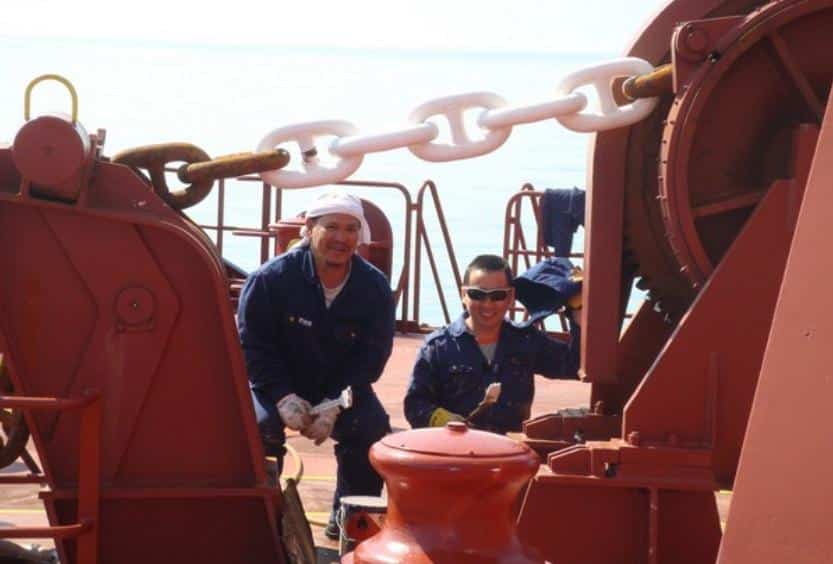
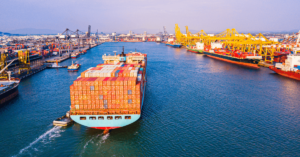
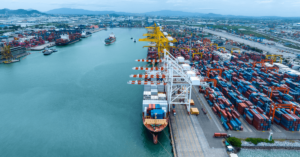
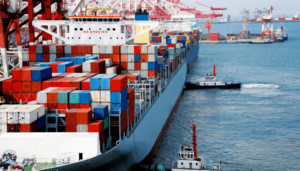
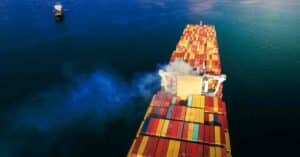
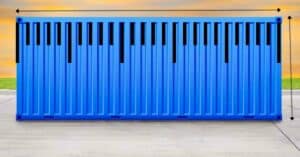
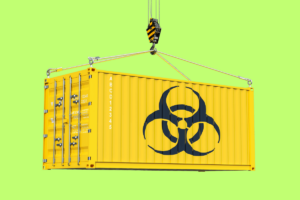

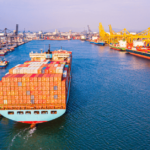
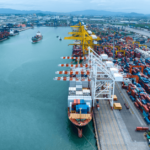
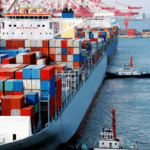
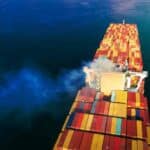
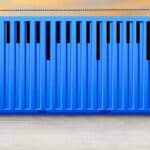
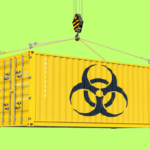
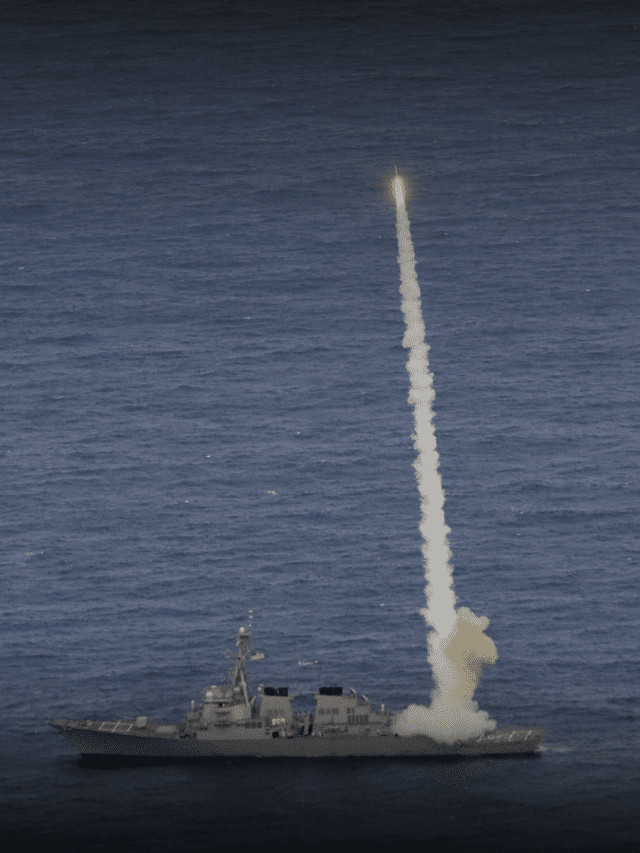
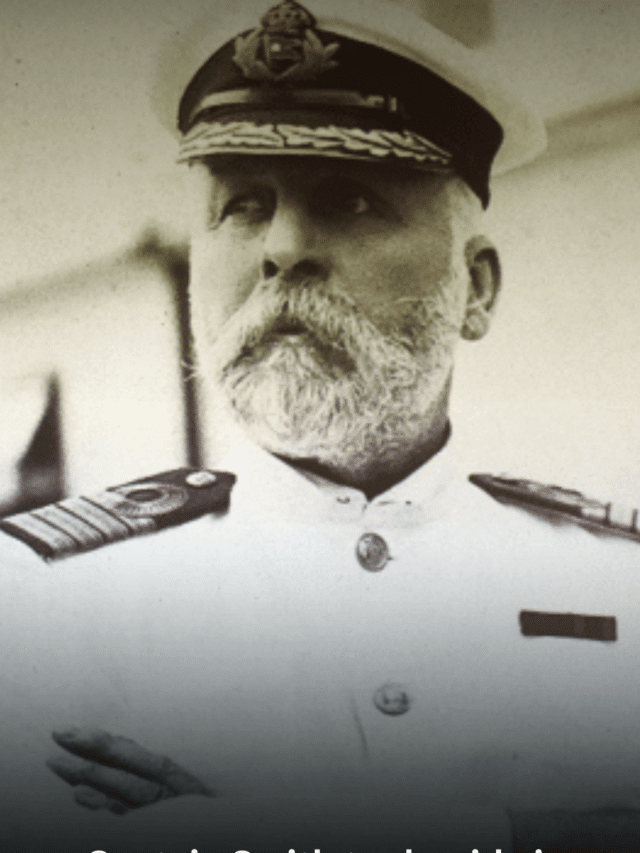
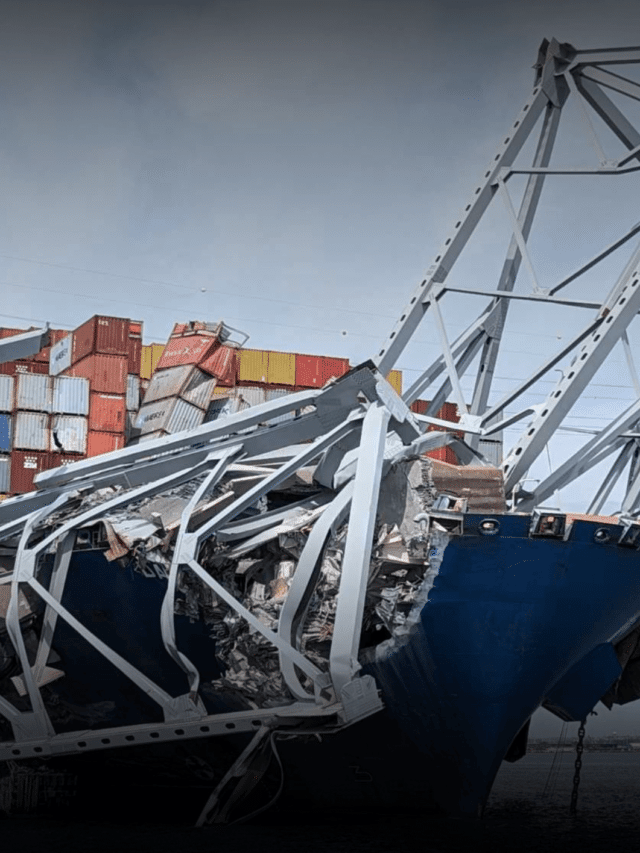
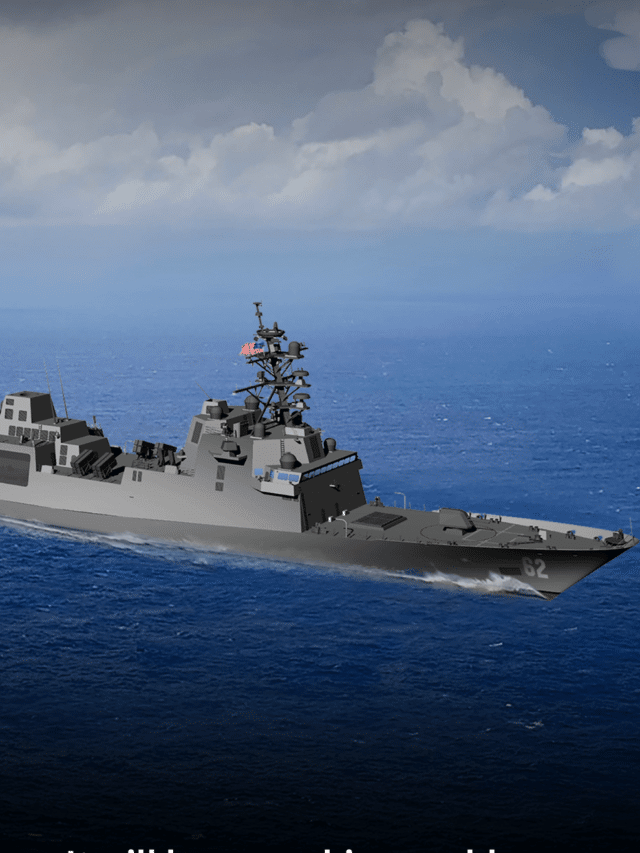
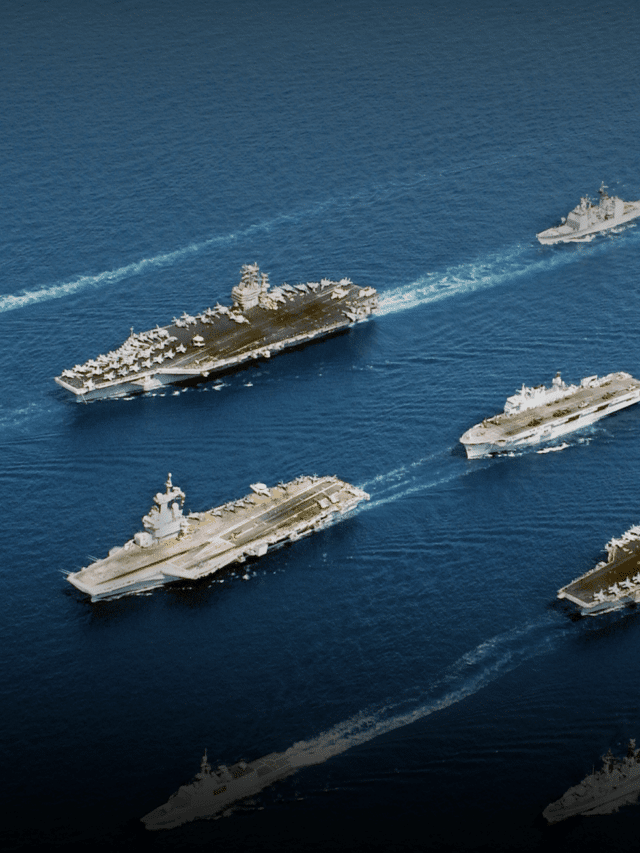
MY name is asif , 3/e wrking with bsm. Very Useful information for person who is longing for updatoin of rules as well as for my future exams.. do plz continue your blogs.